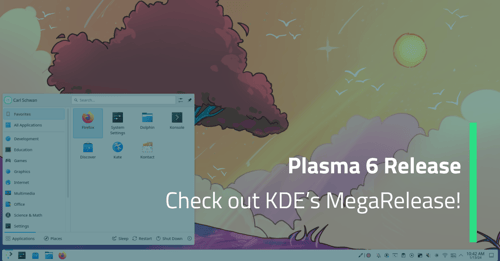Orange Labs UK is a development group that has been working with Qt on mobile web technologies for some years. Some of their project work has turned into popular customer-facing applications like Orange Wednesdays.
In 2010, around the time of Qt Quick’s rise to prominence, Orange Labs began a mobile browser project to experiment with QML. The result is Orange Helium, a lightweight QtWebKit-based browser.
At the time the Orange Helium project began, the only mobile port of QtQuick was on Maemo5, so that was the development platform Orange Labs UK targeted first. The team’s work revolved around browser Chrome/UI development, focused on user experience and usability at the fore.
The Orange team said that they spent a lot of time looking at the browser core, experimenting with the WebCore functionalities that QtWebKit offers (e.g. WebGL).
There was also a strong focus on browser extensions, as the team focused on designing a framework to implement mini in-browser apps, to deliver small and very focused services. In general, the Orange developers were trying as much as possible of QML and spent much of their time working on experiments aimed at comparing QML versus C++, with an eye on performance.
Within a few weeks of work, the team’s browser had reached a good level of maturity and a couple of candidate UIs were then developed. By separately compiling QtWebkit, Orange Labs managed to run some in-browser WebGL demos too on Ubuntu. After this, Orange contributed the Helium mobile browser for inclusion in the MeeGo Community Edition for the N900.
As well as wanting to show support for the MeeGo platform and Qt, the Orange Labs team is looking at the project to research and experiment with features and services that could be provided to customers using this browser as the platform. Currently the app is a simple yet useful browser allowing you to surf the web and bookmark your favourites.
The road ahead for this project continues to take shape, and is open for other ideas and contributions. All who are interested can follow (and participate in) this open source project at: http://github.com/OrangeLabsUK/Helium-Mobile-Browser
Orange Labs is eager to listen to any suggestions you might have!



